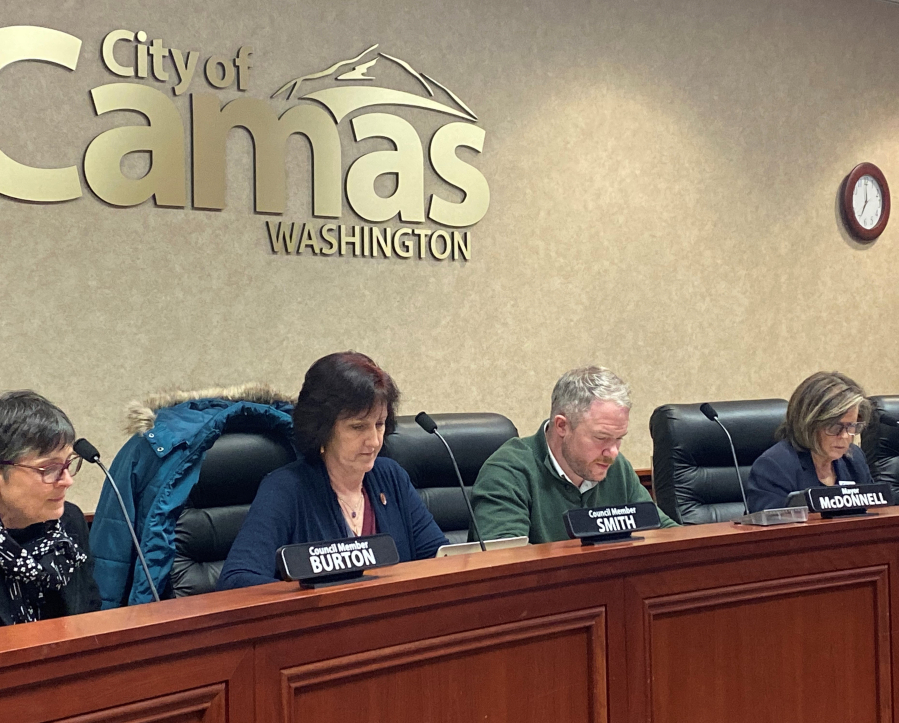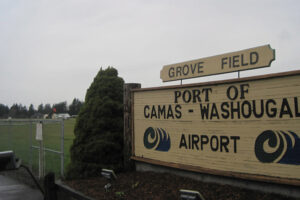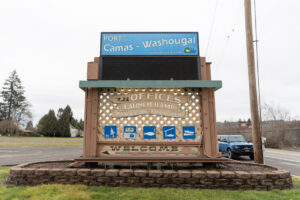Local governments are tightening their belts to help stave off negative financial impacts of the COVID-19 pandemic.
On Monday, Camas City Council members unanimously approved a supplement to Camas Mayor Barry McDonnell’s civil emergency proclamation, which detailed steps the city is taking to save money during the coronavirus crisis.
“These are really good steps the city has taken to reduce spending and take steps to emerge from this situation financially strong,” Councilwoman Ellen Burton said Monday.
The city’s cost-reduction efforts include a moratorium on hiring new and seasonal employees; a crackdown on business travel and conferences for any city employee or public official; direction to department heads to “maintain ongoing strict adherence to established budgets;” and a pause on all city capital projects deemed “nonessential.”
Camas Finance Director Cathy Huber Nickerson said some of the steps would help the city in the short-term while others were meant to help in the long-term.




